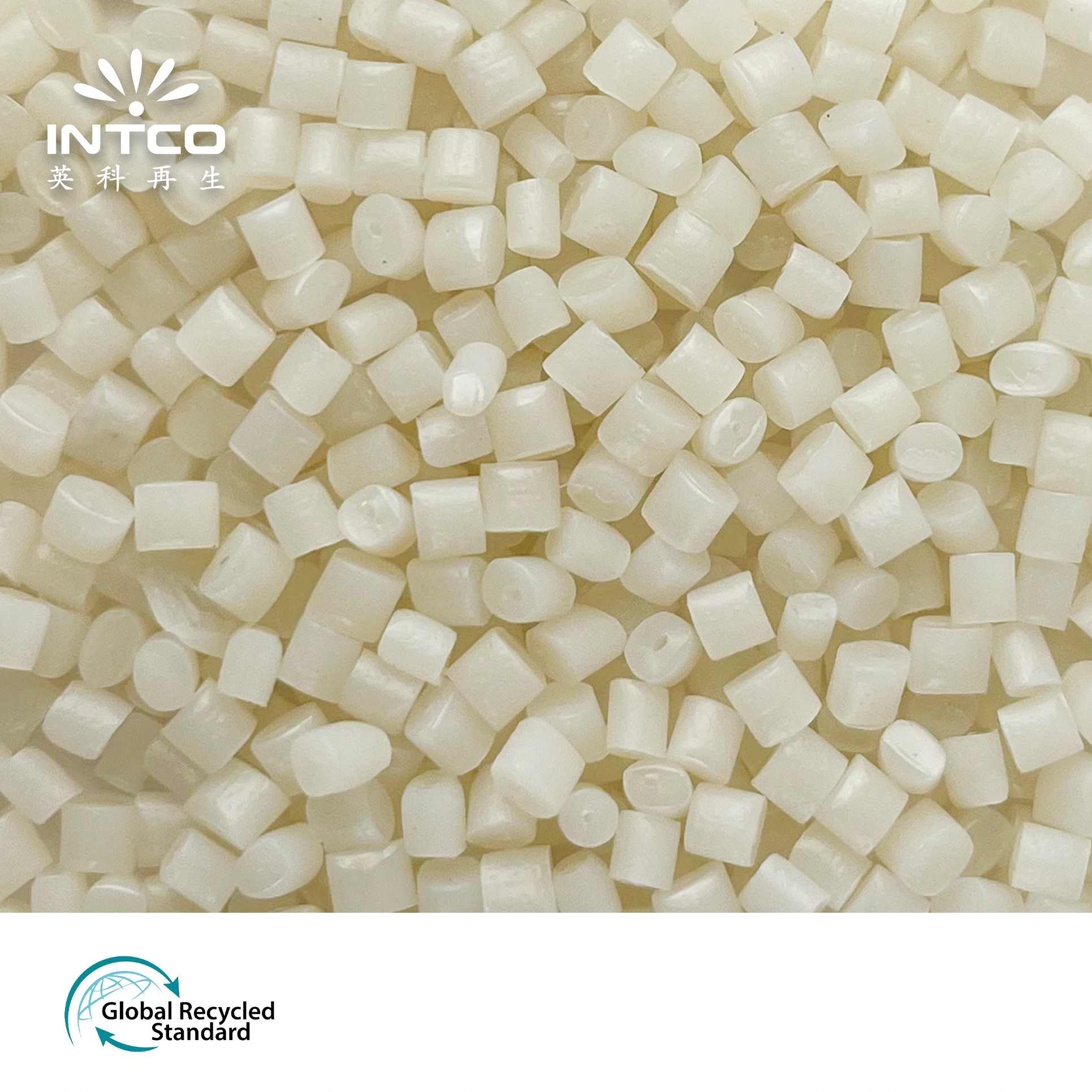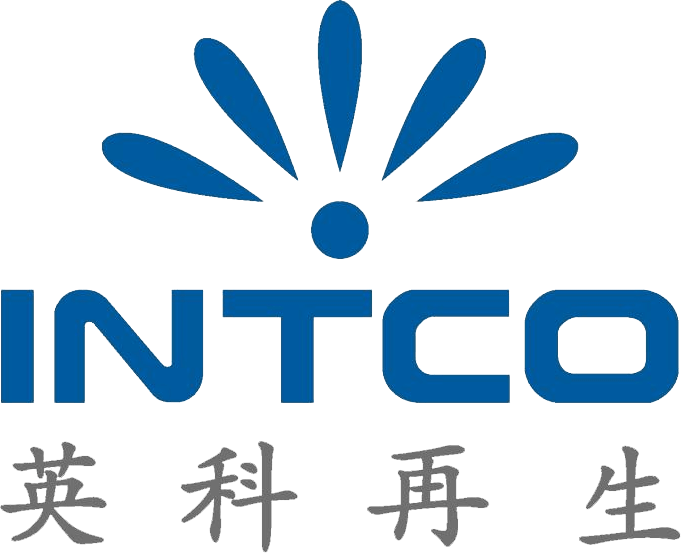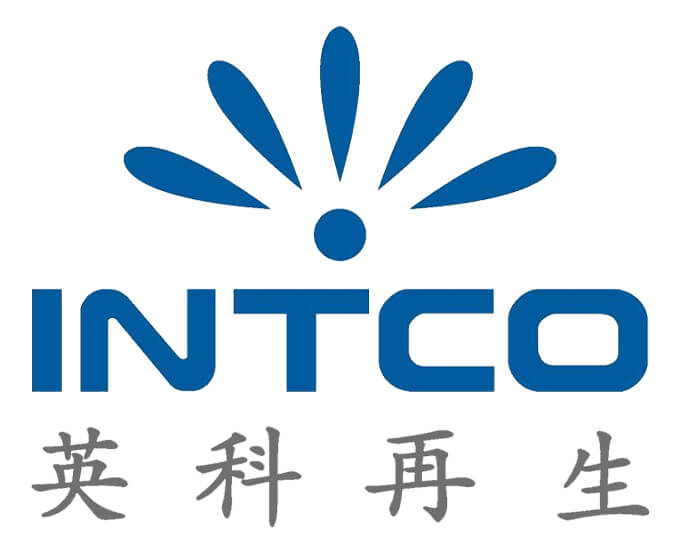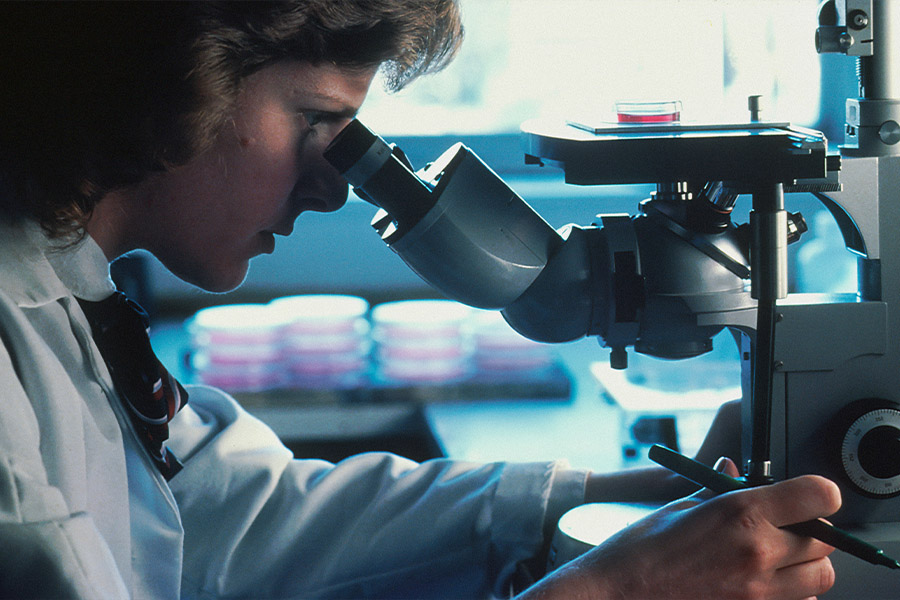Is rPET Synonymous with Recycled Polyester? An Expert Analysis
Understanding rPET and Recycled Polyester
Recycled polyethylene terephthalate, commonly known as rPET, is a material derived from recycled plastic bottles and containers. This sustainable alternative to virgin polyester helps in reducing the environmental impact by reusing plastic waste. Recycled polyester, or rPET, retains the same properties as virgin polyester but with a significantly smaller carbon footprint. The process of creating rPET involves collecting and sorting plastic waste, cleaning it thoroughly, and then converting it into usable fibers or pellets. The use of recycled polyester is gaining popularity across various industries due to its durability and versatility. It can be found in products ranging from clothing and footwear to home furnishings and automotive parts. By choosing products made from rPET, consumers can contribute to a more sustainable future by supporting recycling efforts and reducing landfill waste. Moreover, advancements in technology have improved the quality of recycled polyester, making it almost indistinguishable from its virgin counterpart. This has encouraged more brands to incorporate rPET into their product lines without compromising on quality or performance. As awareness about environmental issues continues to grow, the demand for recycled materials like rPET is expected to rise, further driving innovation and sustainability in manufacturing practices.
Definition of rPET
rPET stands for recycled polyethylene terephthalate, a type of plastic derived from recycled PET bottles and containers. It is a material that undergoes a recycling process designed to convert waste plastic into reusable products. The recycled nature of rPET reduces the demand for virgin PET, thereby decreasing the environmental impact associated with producing new plastic. rPET holds significant promise in various industries, particularly in textiles, where it is repurposed as a viable alternative to conventional polyester.
Characteristics of Recycled Polyester
Recycled polyester shares many characteristics with its virgin counterpart but stands out due to its sustainable sourcing. Recycled polyester fibers are created by melting down existing plastic and spinning it into new polyester fiber, offering durability, versatility, and a smaller environmental footprint. The performance attributes, such as strength, elasticity, and resilience, remain comparable to those of traditional polyester, making it a practical choice for various applications, including clothing, home textiles, and industrial use.

The Manufacturing Process
How rPET is Produced
The production of rPET involves several key steps beginning with the collection of PET waste, predominantly from bottles and containers. These collected plastics are sorted, cleaned, and shredded into flakes or pellets. Further processing involves melting and reforming these flakes or pellets into new plastic products. The meticulous recycling ensures that rPET retains a high quality, suitable for use in demanding applications, matching the properties of virgin polyester.
Production Methods for Recycled Polyester
Mechanical Recycling Process
The mechanical recycling process is a commonly utilized technique for generating recycled polyester. This method involves the physical shredding of collected PET waste into smaller pieces, which are subsequently melted and re-extruded into fibers. This approach is both efficient and cost-effective, allowing for the production of high-quality recycled fibers that are used in various consumer products. Additionally, mechanical recycling reduces the introduction of impurities, thereby maintaining the integrity and performance of the final recycled polyester product.
Chemical Recycling Process
The chemical recycling process is a more intricate approach that breaks down PET waste into its original monomers through chemical reactions. These monomers are subsequently purified and repolymerized to form new polyester. This method allows for the recycling of more contaminated or mixed plastic waste that might not be suitable for mechanical recycling. Chemical recycling can yield polyester that is virtually indistinguishable from virgin polyester, making it a crucial process for maintaining high material standards while promoting sustainability.
Comparing rPET and Traditional Polyester
Physical Properties
When comparing rPET to traditional polyester, it is important to consider the physical properties that define their usability. Both materials exhibit similar tensile strength, flexibility, and resistance to wear and tear. However, rPET often benefits from enhanced qualities due to the rigorous recycling processes that refine the material. This ensures that rPET performs equally well in applications ranging from textile manufacturing to industrial uses.
Environmental Impact
The primary differentiation between rPET and traditional polyester lies in their environmental impact. rPET production significantly reduces the reliance on crude oil, the raw material for virgin polyester, and diminishes the overall carbon footprint. The recycling process for rPET consumes less energy and reduces greenhouse gas emissions. Additionally, utilizing rPET helps divert plastic waste from landfills, aligning with broader environmental sustainability goals and reducing ecological strain.
Cost Analysis
Cost is a significant consideration when comparing rPET with traditional polyester. The cost of rPET can fluctuate based on the availability of raw materials and the efficiency of the recycling process. Although the initial investment in recycling infrastructure may be higher, long-term economic benefits become apparent as production scales and sustainability influences market demand. Consequently, rPET can provide a cost-competitive advantage while promoting eco-friendly consumer choices.
INTCO Recycling
When exploring the nuances of rPET and its relationship to recycled polyester, it is essential to recognize the contributions of industry leaders who are driving innovation in sustainable materials. INTCO Recycling stands out as a pioneering force in this domain, exemplifying the transformative potential of recycling technologies.
INTCO Recycling has established itself as a global leader in the recycling industry, specializing in the collection, processing, and repurposing of waste plastics. Their commitment to environmental stewardship is evident in their advanced recycling technologies, which convert discarded plastics into high-quality recycled polyester (rPET). This process not only reduces the reliance on virgin materials but also significantly lowers the environmental footprint associated with plastic production.
The company’s dedication to sustainability extends beyond mere recycling. INTCO Recycling actively promotes the principles of a circular economy, where resources are continuously reused and recycled to create a closed-loop system. This approach conserves natural resources, reduces greenhouse gas emissions, and minimizes landfill waste. By transforming waste plastics into valuable rPET, INTCO Recycling plays a crucial role in advancing sustainable manufacturing practices.
Market Applications and Uses
Uses of rPET in Different Industries
The adaptability of rPET makes it appropriate for numerous industries. In the textile sector, rPET is employed to manufacture clothing, home textiles, and industrial fabrics. The automotive sector also utilizes rPET materials for vehicle interiors, seat covers, and insulation components due to its robustness and durability. Packaging industries take advantage of rPET’s lightweight yet strong properties, using it to produce bottles, containers, and various packaging solutions. Furthermore, construction materials like insulation and carpeting often incorporate rPET, demonstrating its versatility in a wide range of applications.
Common Applications of Recycled Polyester
Recycled polyester, derived from rPET, finds numerous applications across various market segments. In consumer goods, recycled polyester is used to manufacture everyday items like bags, shoes, and clothing, providing an eco-friendly alternative to conventional products. The fashion industry, in particular, has embraced recycled polyester to create sustainable clothing lines aimed at environmentally conscious consumers. Industrial applications include usage in geotextiles, non-woven fabrics, and automotive components. Furthermore, recycled polyester is prevalent in producing carpeting and upholstery fabrics, emphasizing its broad utility.
Regulatory Standards and Certifications
Global Certification Programs for rPET
Several international certification programs ensure that rPET meets stringent standards for quality and sustainability. The Global Recycled Standard (GRS) is a notable certification that verifies the recycled content of products and tracks responsible social, environmental, and chemical practices in production. Another key program is the OEKO-TEX Standard 100, which certifies that textiles, including those made from recycled polyester, are free from harmful substances. The Cradle to Cradle Certified™ program also assesses the safety, circularity, and responsible sourcing of rPET products.
Standards for Recycled Polyester Products
Standards for recycled polyester products are essential to maintain consistency and reliability in the market. ASTM International provides standards that specify the material properties and testing methods for recycled polyester. The ISO (International Organization for Standardization) also offers guidelines and standards that ensure the environmental management, quality, and safety of recycled polyester products. Adherence to these standards guarantees that consumers and manufacturers can trust the integrity and performance of rPET-based materials.
Challenges and Future Trends
Current Challenges in the Use of rPET and Recycled Polyester
Despite the numerous advantages of rPET and recycled polyester, several challenges persist. One significant issue is the contamination of recycled materials, which can affect the quality and safety of the end product. Addressing the technical and economic barriers to recycling mixed or contaminated plastics remains a critical concern. Additionally, the cost and availability of high-quality recycled materials can fluctuate, posing challenges for consistent supply chains. Moreover, improvements in consumer awareness and recycling behaviors are vital, as these factors directly impact the efficiency and efficacy of recycling programs.
Innovations and Emerging Technologies
Innovations and emerging technologies hold the potential to overcome current challenges and advance the use of rPET and recycled polyester. Chemical recycling methods are continually evolving, allowing for the processing of more complex and contaminated waste streams into high-quality recycled materials. Enhanced sorting technologies, such as AI and machine learning, improve the precision and efficiency of separating recyclable materials. Advances in biotechnology are also being explored to develop biodegradable alternatives that complement rPET recycling efforts. Furthermore, increased investment in infrastructure and public-private partnerships can drive the growth and adoption of rPET in various industries.
By integrating rPET and recycled polyester into their manufacturing processes, businesses can not only address environmental concerns but also meet the growing demand for sustainable and ethical products. With industry leaders like INTCO Recycling setting the standard for innovation and responsible practices, the future of rPET and recycled polyester looks promising, offering significant opportunities for sustainability and economic growth.














